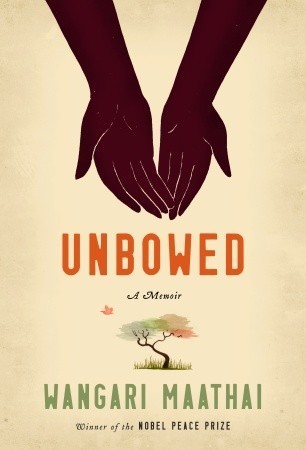What doyouthink?
Rate this book


314 pages, Hardcover
First published October 3, 2006
"Dr. Maathai, one of the most widely respected women on the continent, played many roles — environmentalist, feminist, politician, professor, rabble-rouser, human rights advocate and head of the Green Belt Movement, which she founded in 1977. Its mission was to plant trees across Kenya to fight erosion and to create firewood for fuel and jobs for women.
Dr. Maathai was as comfortable in the gritty streets of Nairobi’s slums or the muddy hillsides of central Kenya as she was hobnobbing with heads of state. She won the Peace Prize in 2004 for what the Nobel committee called “her contribution to sustainable development, democracy and peace.” It was a moment of immense pride in Kenya and across Africa.
Her Green Belt Movement has planted more than 30 million trees in Africa and has helped nearly 900,000 women, according to the United Nations, while inspiring similar efforts in other African countries.
“Wangari Maathai was a force of nature,” said Achim Steiner, the executive director of the United Nations’ environmental program. He likened her to Africa’s ubiquitous acacia trees, “strong in character and able to survive sometimes the harshest of conditions.”
"When I see Uhuru Park and contemplate its meaning, I feel compelled to fight for it so that my grandchildren may share that dream and that joy of freedom as they one day walk there."
"Throughout my life, I have never stopped to strategize about my next steps. I often just keep walking along, through whichever door opens. I have been on a journey and this journey has never stopped. When the journey is acknowledged and sustained by those I work with, they are a source of inspiration, energy and encouragement. They are the reasons I kept walking, and will keep walking, as long as my knees hold out."